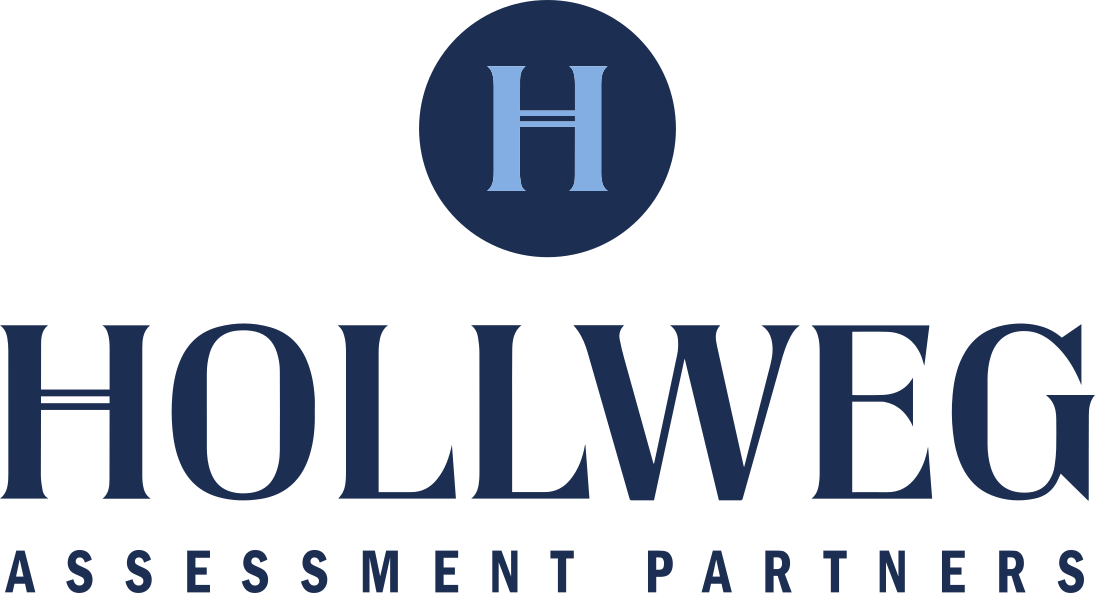Decision Making/Problem Solving
Organization
(Focus & Organization, Time Utilization, Priority Focus)
Problem Anticipation
(Planning, Long Range Thinking)
Analytical Thinking
(Detail Orientation, Detailed Analysis)
Innovative Thinking
(Creativity)
Practical Problem Solving
(Practical Thinking, Common Sense, Realistic Thinking)
People Leadership
Assertiveness
(Ability to Take Charge, Willingness to Take Charge)
Tough-Mindedness
(Conflict Management, Holding Team Accountable)
Positive People Orientation
(People Relations)
Insight
(Interpersonal Insight)
Work Style
Drive & Energy
(Action Orientation, Stamina)
Self-Reliance
(Independent Initiative, Self-Motivation, Initiative)
Process Orientation
(Need for Structure, Acceptance of Authority, Rule Orientation)
Flexibility
(Multi-Tasking, Need for Diversion)
Results Focus
(Results Orientation)
Accommodation
(Service Orientation, Team Orientation)
Personal Characteristics
Self-Discipline
(Conscientiousness, Responsibility, Restraint)
Emotional Consistency
(Capacity to Handle Pressure, Stress Tolerance, Resilience)
Objectivity of Viewpoint
(Objectivity, Criticism Tolerance)
Confidence
(Self-Assuredness, Self-Confidence)
Learning Agility
Quantitative Reasoning
(Numeric Reasoning)
Navigating the Resources
- Read the information below about the trait to develop a greater understanding of your strength/opportunity.
- Consider the Stop, Start, Continue examples to create your own actionable change behaviors.
- Explore the trait more fully by taking advantage of the weblinks below.
Objectivity of Viewpoint
(Objectivity, Criticism Tolerance)
Objectivity measures the extent to which you are able to take criticism and separate personal feelings from facts. The resources below should provide you with the steps for increasing or decreasing your level of objectivity.
Strength
Higher levels of objectivity indicate you possess a rational perspective that allows you to deal with people and situations in a fact-focused manner that is not impacted by personal feelings.
Opportunity
Lower levels of objectivity indicate you may be hyper-sensitive to feedback and allow your emotions to get the best of you.
Excess
Excessive levels of objectivity indicate you may be so logical and factual that you are closed off to individual needs and may view things in an overly “black-and-white” manner.
Identify an opportunity area that you would like to change. Then, develop behaviors that you can Stop (unhelpful or limiting behaviors), Start (behaviors that you can begin now), and Continue (behaviors that you already do well) to improve in this area. Use the examples below to help create your own Stop, Start, and Continue behaviors.
| Stop | Start | Continue |
| Allowing feelings to influence your judgments. | Thinking rationally, separating feelings from facts, and seeking advice from others skilled in this area to tease apart problems. |
Considering your coworkers’ opinions. |
| Worrying about problems outside of control. | Making a list of what can be controlled and what you can change in situations. | Using pro and con lists to aid in your decision making. |
| Taking feedback personally. | Taking time to examine constructive feedback from multiple perspectives before responding. | Thinking critically about your deciding factors in a difficult decision. |
Objectivity Weblinks for Development:
7 Strategies for Making Objective Decisions
Objectivity: The Power of Seeing Things as They Are (Part 2)
How to be Objective When You’re Emotionally Invested
Objectivity Leadership Weblinks for Development:
5 Tips for Being an Objective Leader
How Managers Can Overcome their Personal Biases
Remaining Objective Is Hard, But the Best Leaders Figure Out How to Do It
